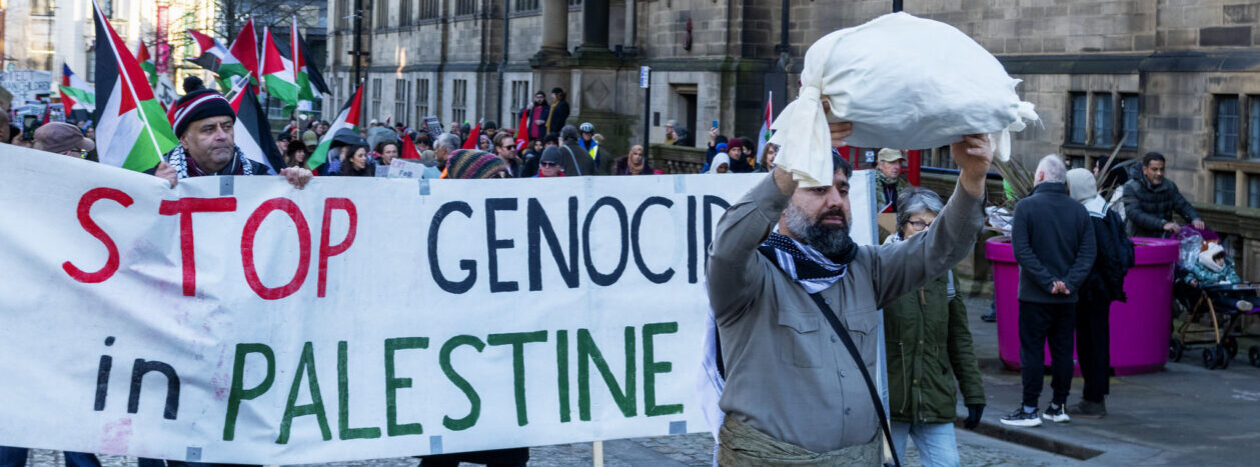Zayneb Alshalalfeh of Hebron
IT WAS about 3am when the Israeli soldiers invaded my flat in the centre of Ramallah. I woke up with the noise but first thought it was one of my flatmates who had woken up to get a cup of water. I opened my eyes with a flashlight shining on my face after they had pushed the bedroom door violently.
The soldiers had no reason for this invasion in the first place, they just left the flat after. For a few days after, I was waking up scared. I also felt that home was no longer a safe space. The Israeli soldiers had invaded my room with no prior notice so home is not even a private place.
Indeed, I still feel afraid sometimes that this may happen again, though, I am trying to forget it all because it is nothing compared to others’ experiences. In the 61 per cent of the West Bank that falls under full Israeli control, around 297,900 Palestinians live in 532 communities. Eighty-eight of these communities are classified by Israel as closed military zones or firing zones.
Through my work, many residents of these communities told me that families with livestock were given temporary evacuation orders and forced to stay away from their homes — with no alternative shelter — for up to two days while the Israeli military trained. Indeed, remembering all of these stories made me feel that my experience was just not worth mentioning. It’s a feeling that most of the Palestinians are familiar with and which Marsel Khalifa has well expressed in his song “so the misery which I live is just my share of your miseries.”
A permit to visit Gaza was the most important travel document I have got. I was afraid I might never visit Gaza in my life. Indeed, thinking that I have visited Europe and the US made me sad thinking that visiting these countries is easier than visiting Gaza, which is part of my homeland, Palestine.
When I got the permit I felt luckier than the vast majority of the West Bank residents who are unable to get one.
Every single person of the many whom I met in Gaza who has got friends or family in the West Bank who they are unable to visit has experienced this feeling.
I remembered my friend Rawan from Bethlehem, whose father was unable to visit his sister in Gaza until he got a permit to attend her funeral. Only death was a conventional reason for Israel to give him a permit, as if people need conventional reasons to visit family. Kholoud’s mother from Nazareth was even unable to attend the funeral of her sister in Gaza.
The stories which I heard from the people in Gaza about not being able to visit their family and friends in the other parts of Palestine, or not being able to access universities and hospitals in the West Bank and Gaza, were many as well.
I was only able to shower every few days since Gazan houses have electricity for just six hours a day. The electricity distribution schedule was random so I had to adapt my life to it.
Gazan tap water, which is unsuitable for human consumption, was also not so good for showering — I could taste how salty it is. Water and electricity were only two problems in the long list of the problems that besieged Gaza.
Despite all of this the people’s main concern was peace. Almost all of the people I met said: “We love Gaza and life in it, and we just hope that there will be no new war.”
